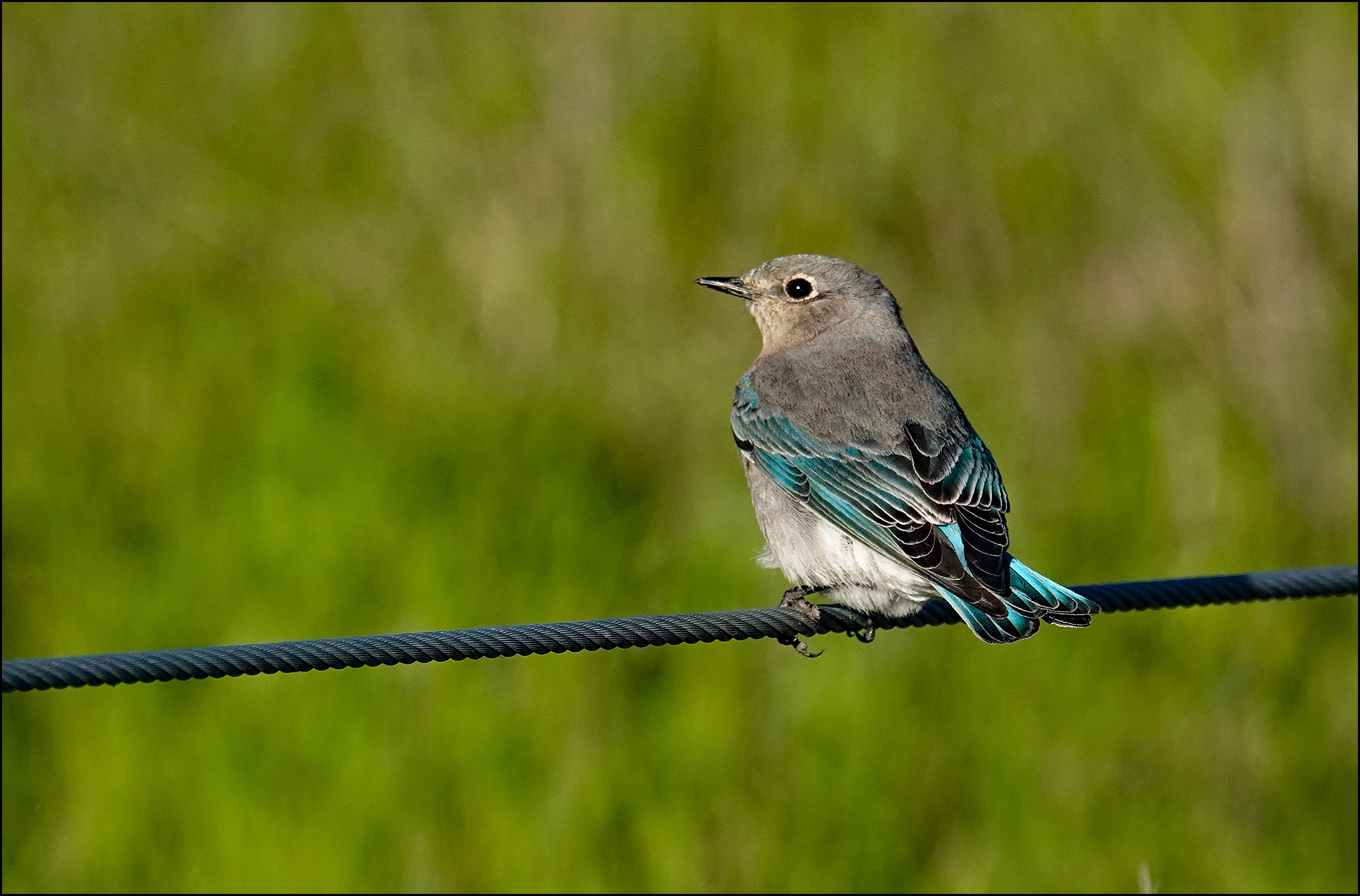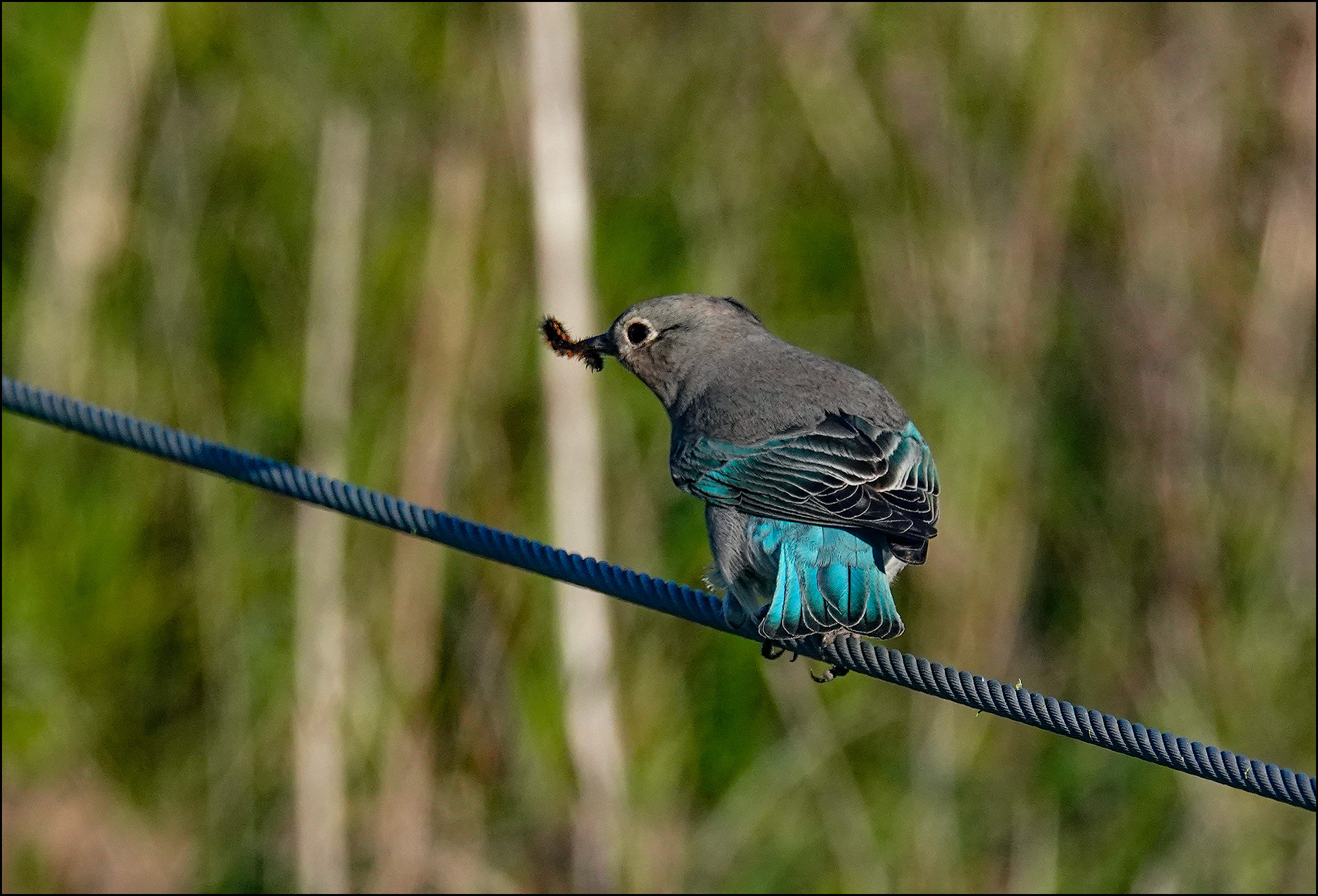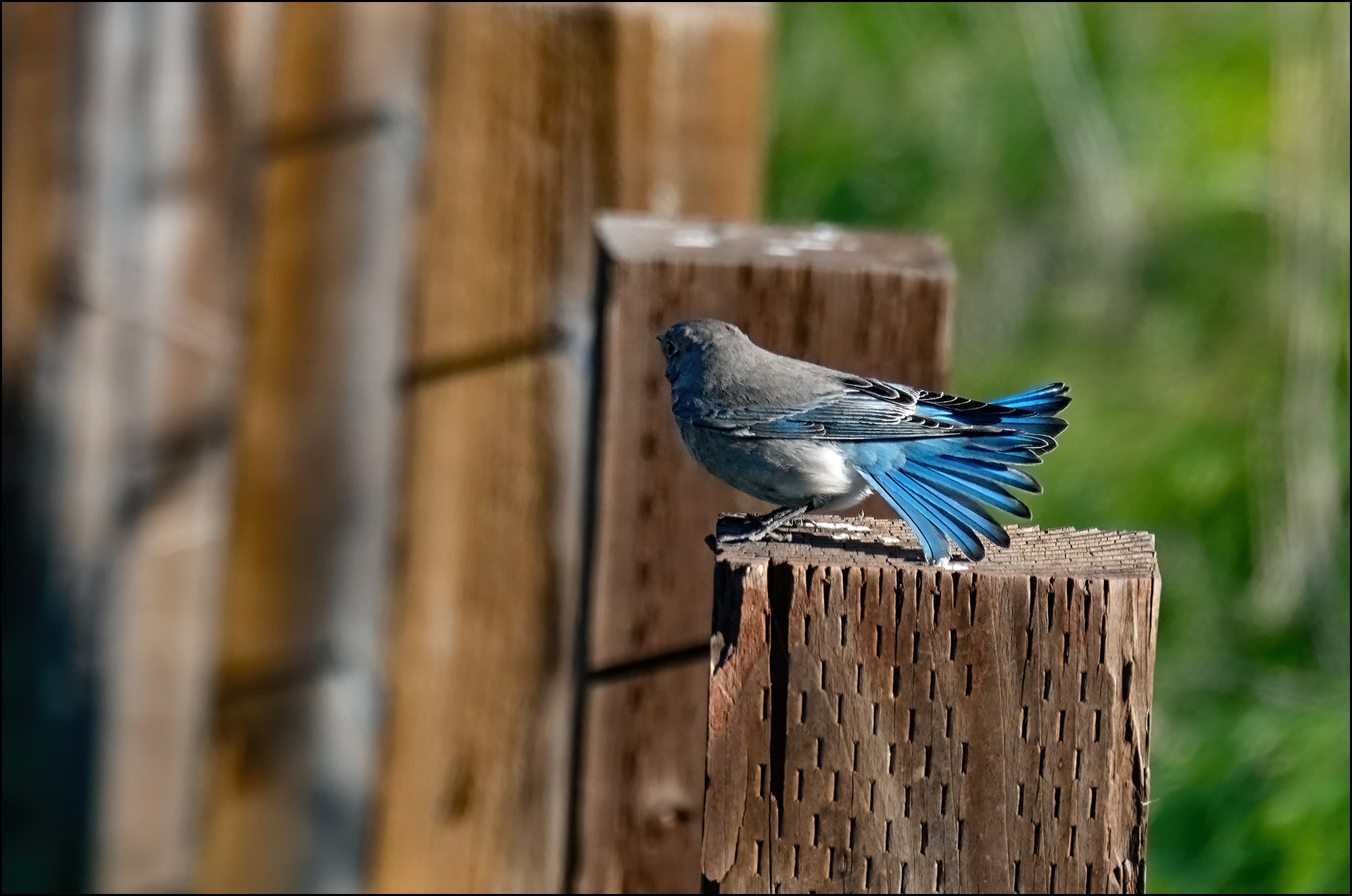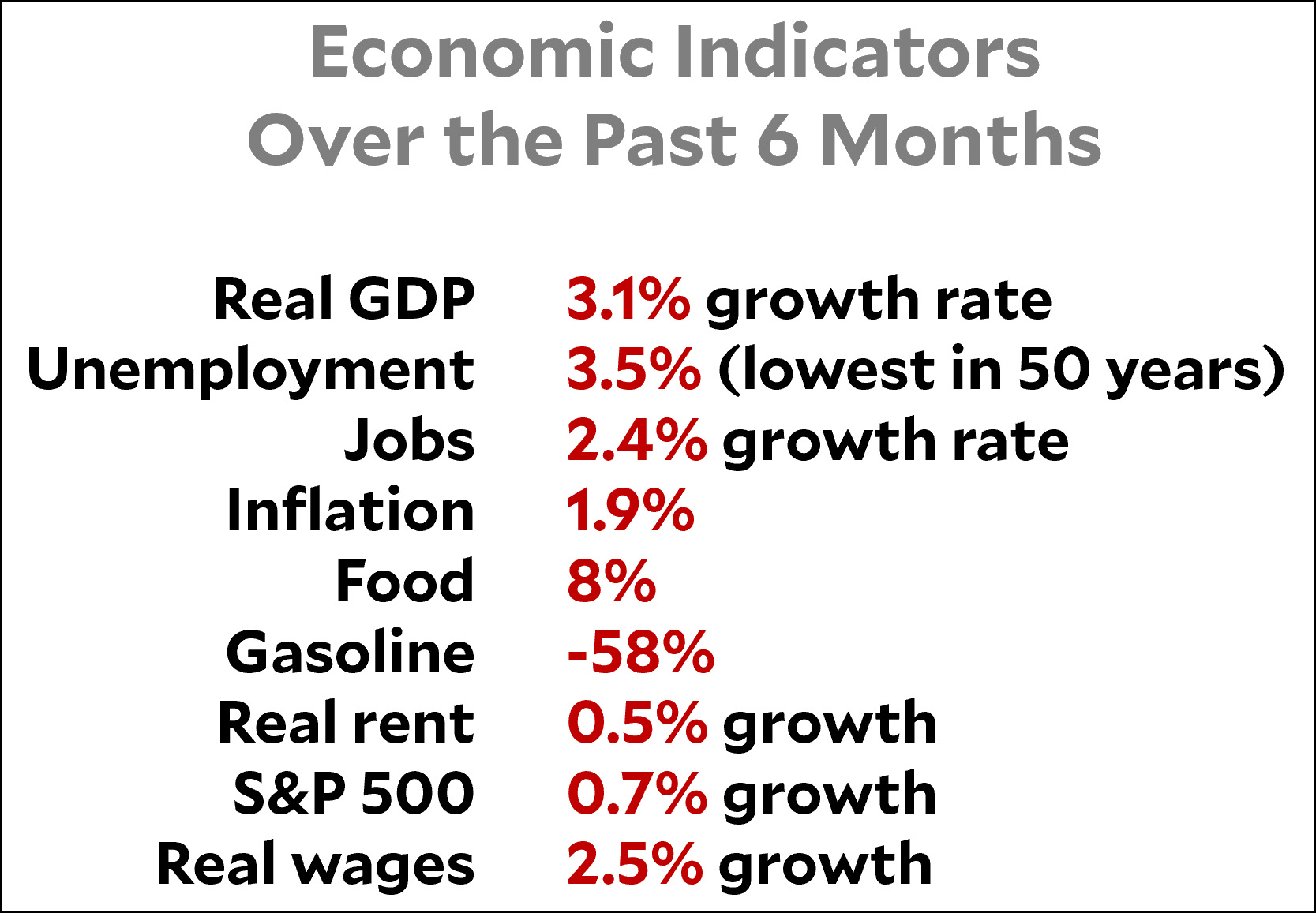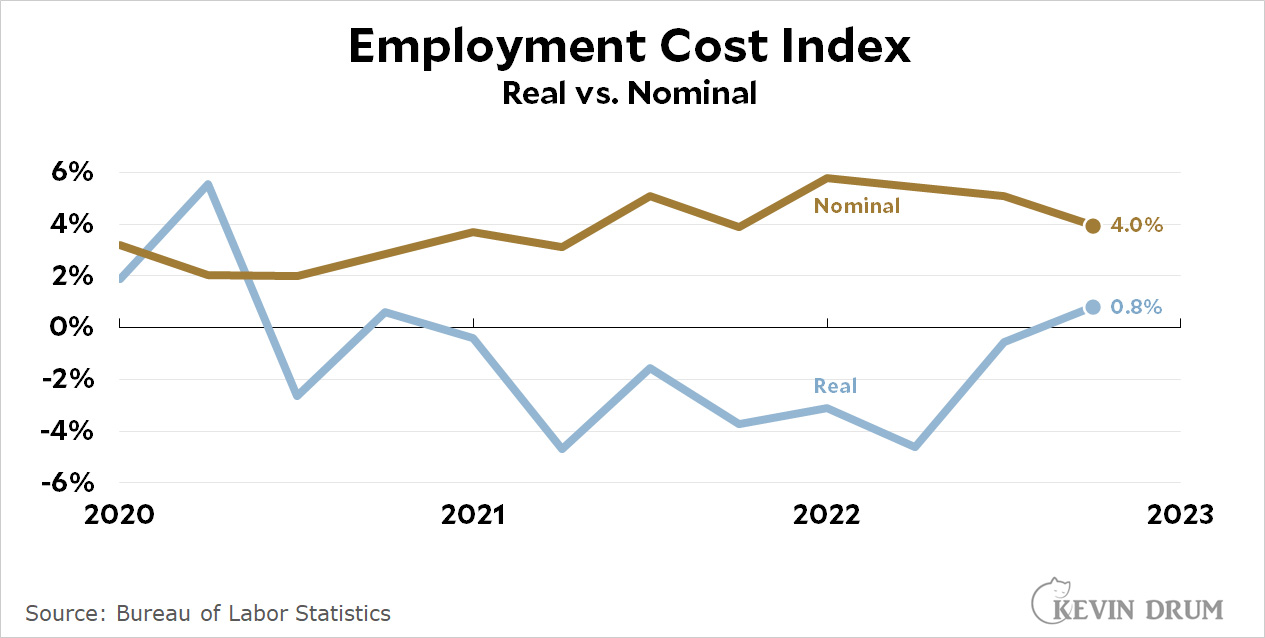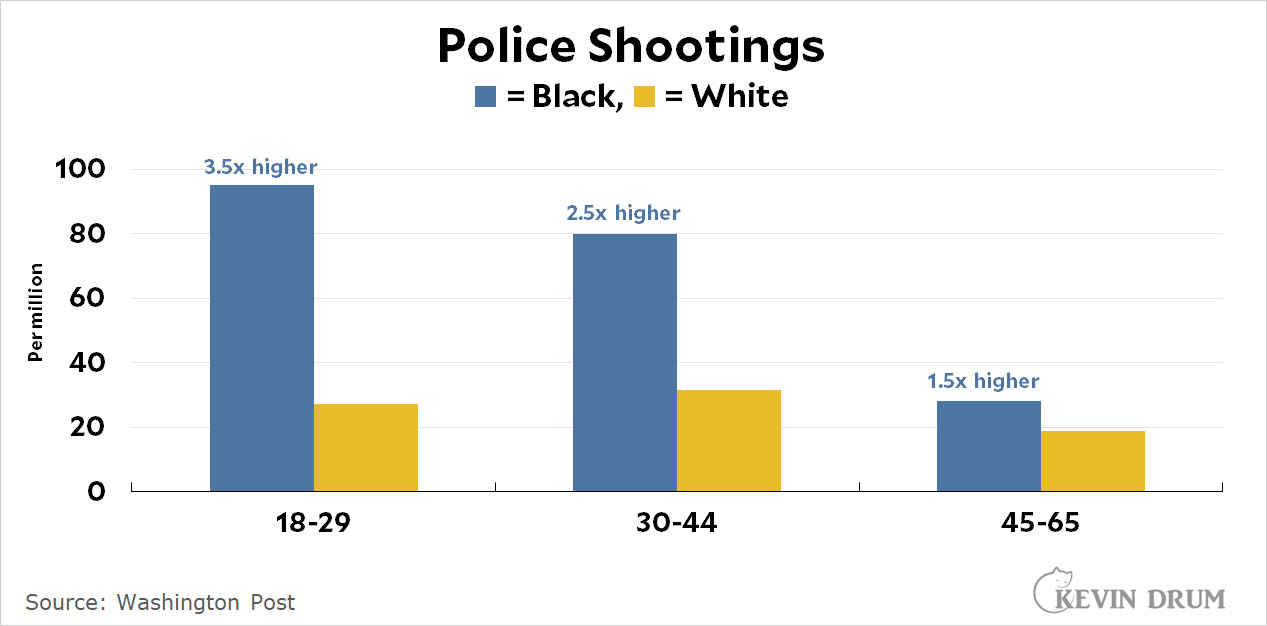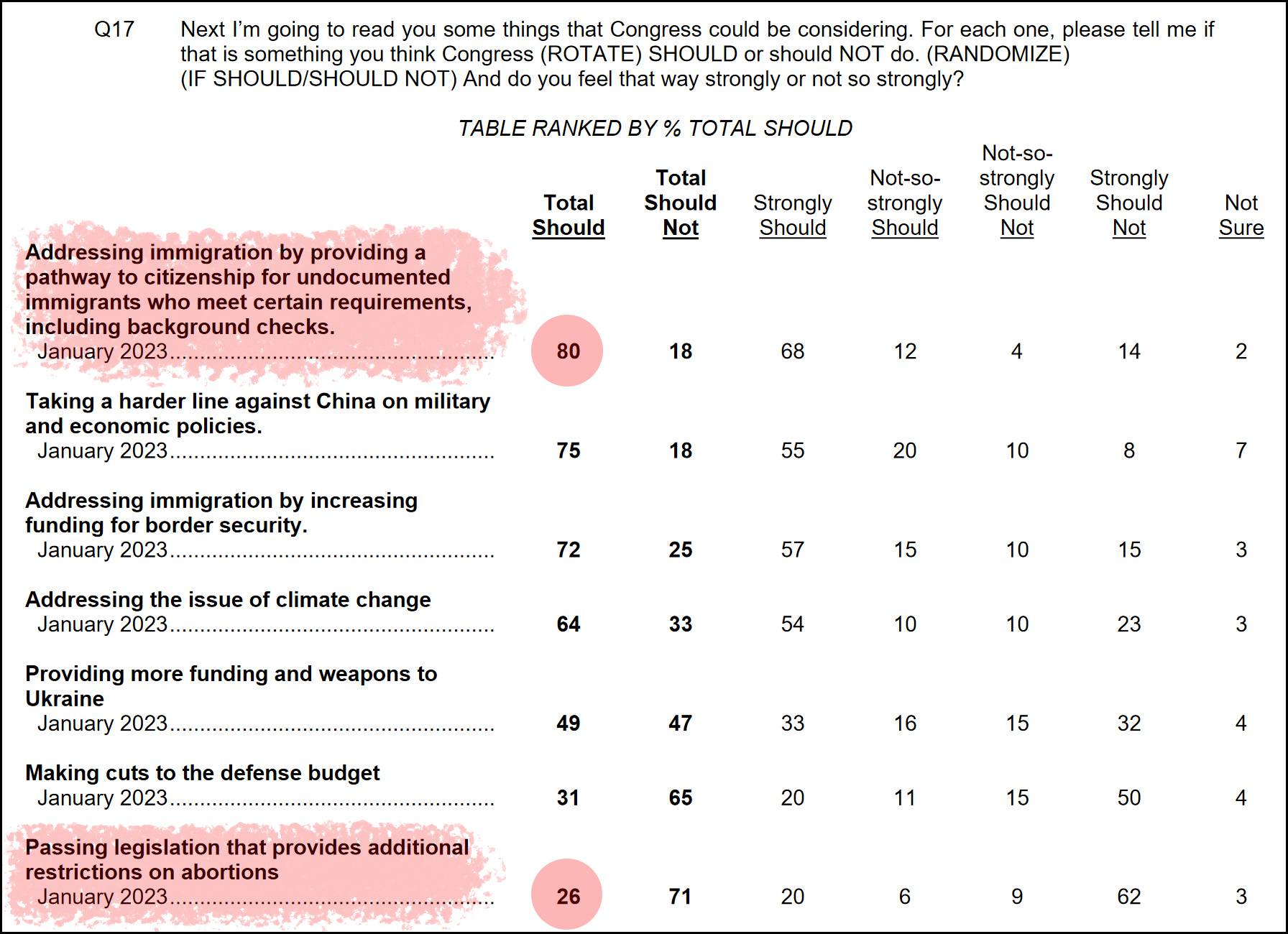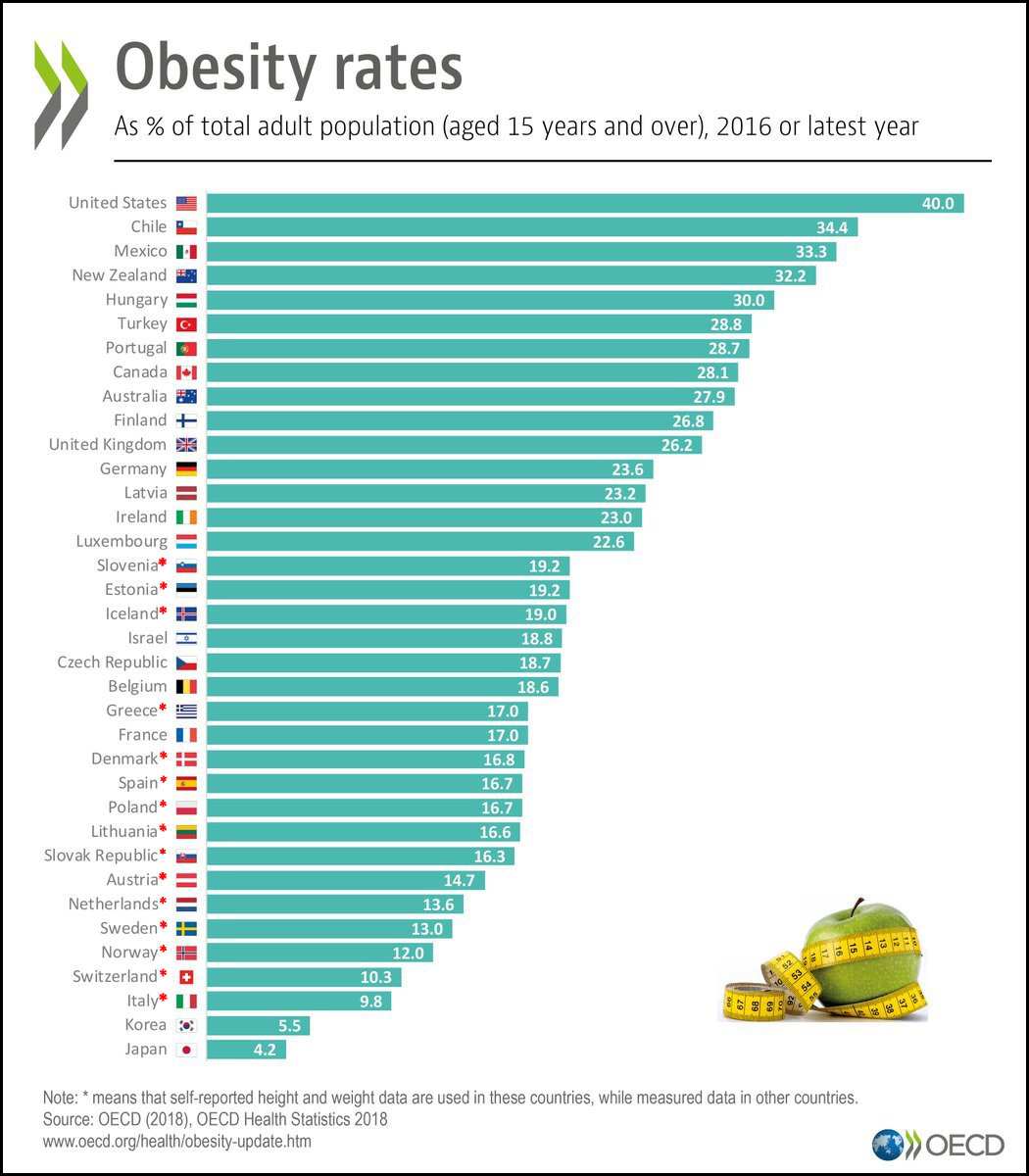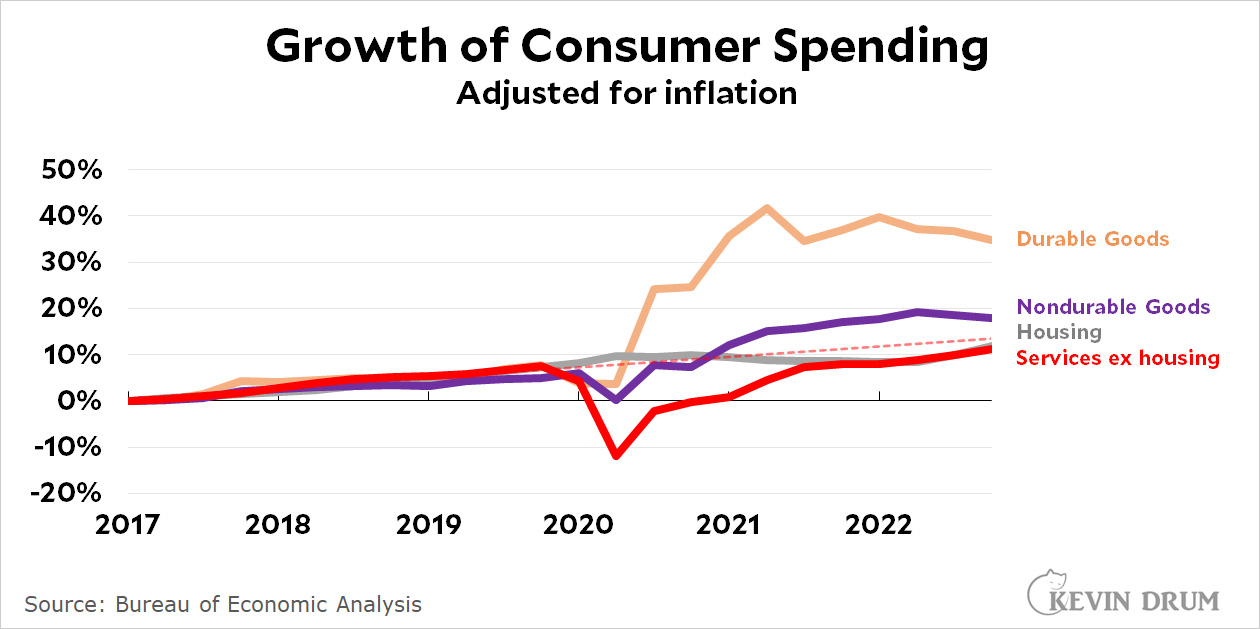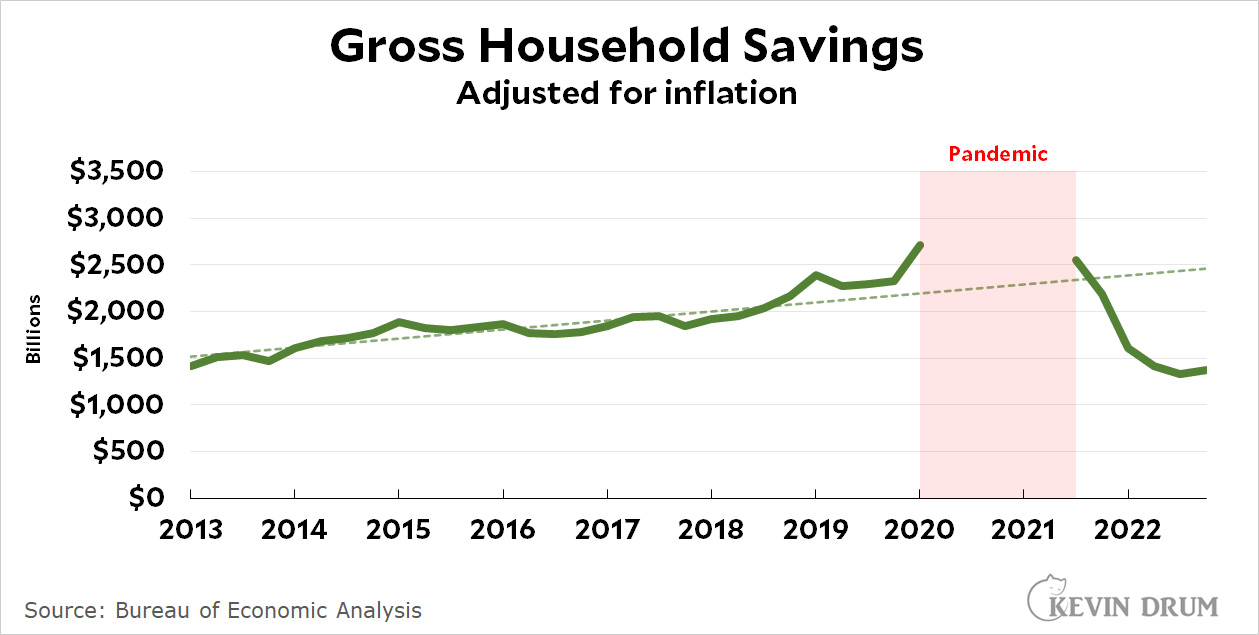John Herrman says that Amazon still works pretty well for most people:
But, at the core of that experience, something has become unignorably worse. Late last year, The Wall Street Journal reported that Amazon’s customer satisfaction had fallen sharply in a range of recent surveys, which cited COVID-related delivery interruptions but also poor search results and “low-quality” items. More products are junk. The interface itself is full of junk. The various systems on which customers depend (reviews, search results, recommendations) feel like junk. This is the state of the art of American e-commerce, a dominant force in the future of buying things. Why does it feel like Amazon is making itself worse? Maybe it’s slipping, showing its age, and settling into complacency. Or maybe — hear me out — everything is going according to plan.
Quite so. My own gripe is that Amazon's search interface just flatly doesn't work. Herrman starts his piece with an example: looking for a spatula. That should be no problem, and generally speaking it's not. Type in "spatula" and you'll get loads of people selling spatulas. But type in "metal spatula" and . . .
OK, I just did this and it worked fine. The first three pages of search results were exclusively metal spatulas.
Fine. But trust me, this is not always the case. Last night, for example, I searched for oversize blankets. But even when I used Amazon's own suggested search terms, no more than 20% of the results—I'm being generous here—were actually oversize. The rest were just ordinary blankets of an ordinary size. When I added "cotton" to the search, only about half the results were cotton.
I am savvy enough to ignore all the sponsored results, since I know they'll show up if they're even in the same ballpark as my search terms. But even the normal results don't match your search most of the time.
But here's the thing: I did, eventually, find a couple of blankets that fit my search. I was annoyed that it took so long to click through all the junk, but really, I only spent five or ten minutes. And if it weren't for e-commerce, there's a good chance I'd never have found what I was looking for even if I'd spent all day running around town to various sellers of household goods.
So Amazon has a huge array of products that produces a very long tail. This means that even if you're looking for something unusual you can probably find it. But that huge array also means it might take a while to sort through the junk. Easy come, easy go.

